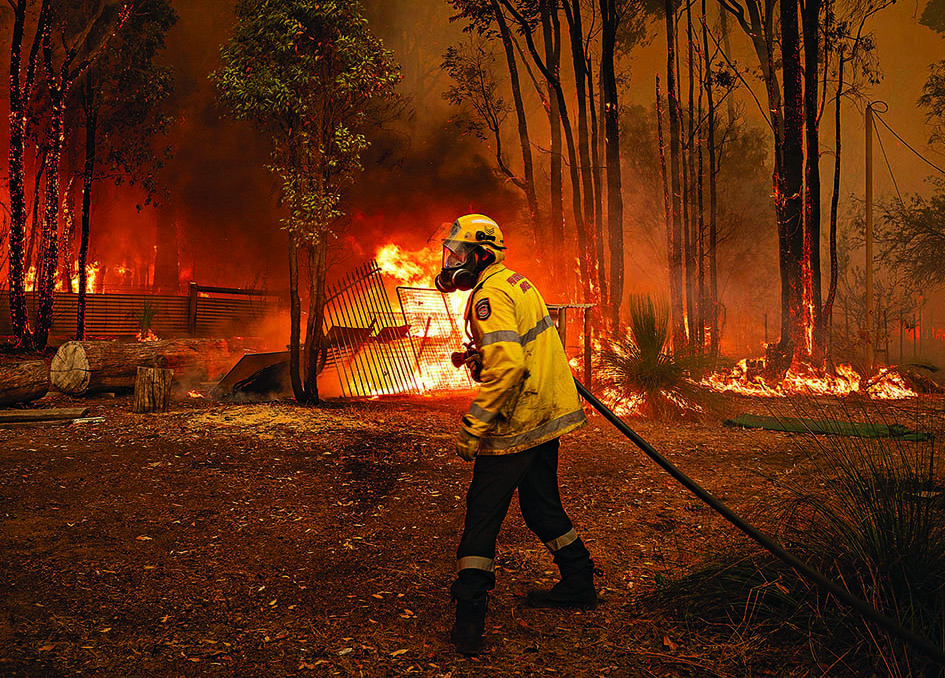
WATER Minister Simone McGurk is urging those in bushfire prone areas to be aware that extreme heat or loss of power during a bushfire may impact water supply.
Surges in demand can also cause a drop in water pressure and quickly drain supply tanks. While leaving during a bushfire is always the safest option, residents planning to stay and defend must have an independent water supply such as water tanks and pumping capability in the event of power loss.
According to the Australasian Fire Authorities Council’s seasonal bushfire outlook spring 2023, a warm, dry spring forecast meant bushfire season could start early in southern WA.
Water Corporation undertakes a number of activities throughout the year to reduce risk to critical infrastructure during a bushfire. This includes clearing land and access tracks within and around pump stations, storage areas and catchments and having generators and emergency water carters on standby.
During a bushfire it may not be safe for crews to manage or repair damage to the network. For more information about how a bushfire can impact your water supply, click here.
The Department of Fire and Emergency Services’ ‘my bushfire plan’ can help you prepare by creating a personal bushfire plan.
Visit the ‘my bushfire plan’ website and mobile app for more information.
To support bushfire plans, landowners or occupiers with safe access to bores, rivers, streams or creeks can take and store emergency water without it counting against their entitlements.
Water Minister Simone McGurk said it’s vital people living in high-risk bushfire areas have a plan which includes access to an independent water supply of at least 20,000 litres and pumping capability.
“Water Corporation do a lot of work to prepare for bushfire season, however, the supply network is designed to provide drinking water to the community, not withstand bushfires.
“Relying on scheme water during a fire could have life-threatening consequences so people need to act now to prepare their homes and properties.”
Emergency Services Minister Stephen Dawson said leaving during a bushfire is always the safest thing to do, but if you choose to stay and defend, it’s crucial you have a plan in place.
“That message is always important but even more so given the signs point to it being a hotter, drier and earlier start to the bushfire season in southern WA.”